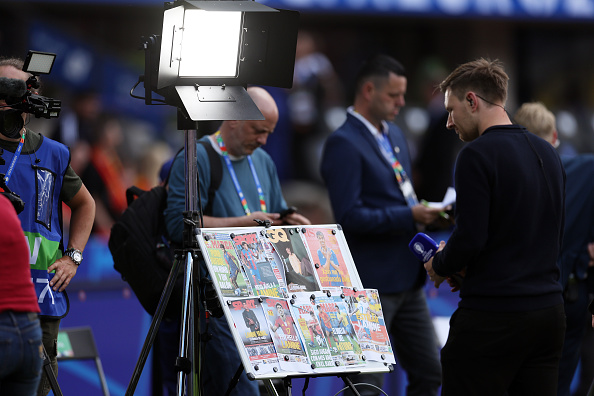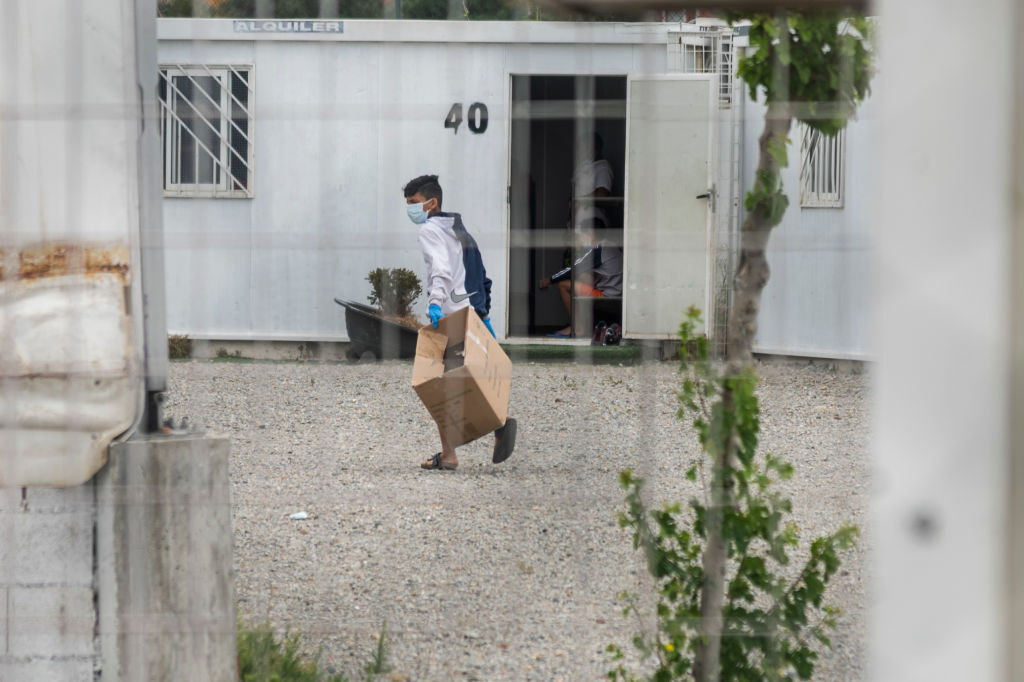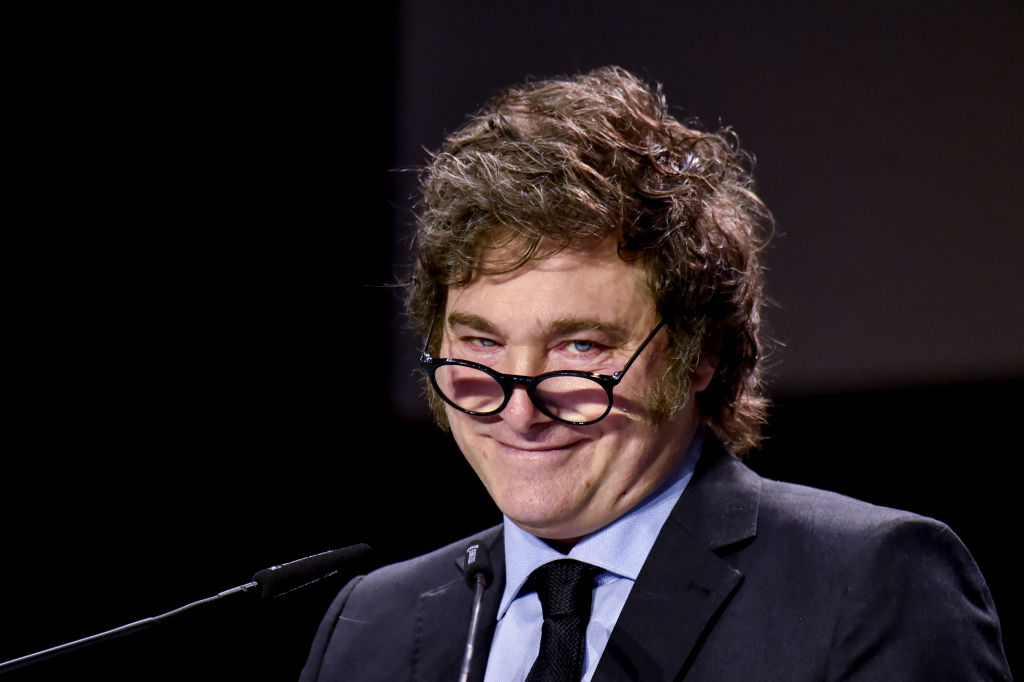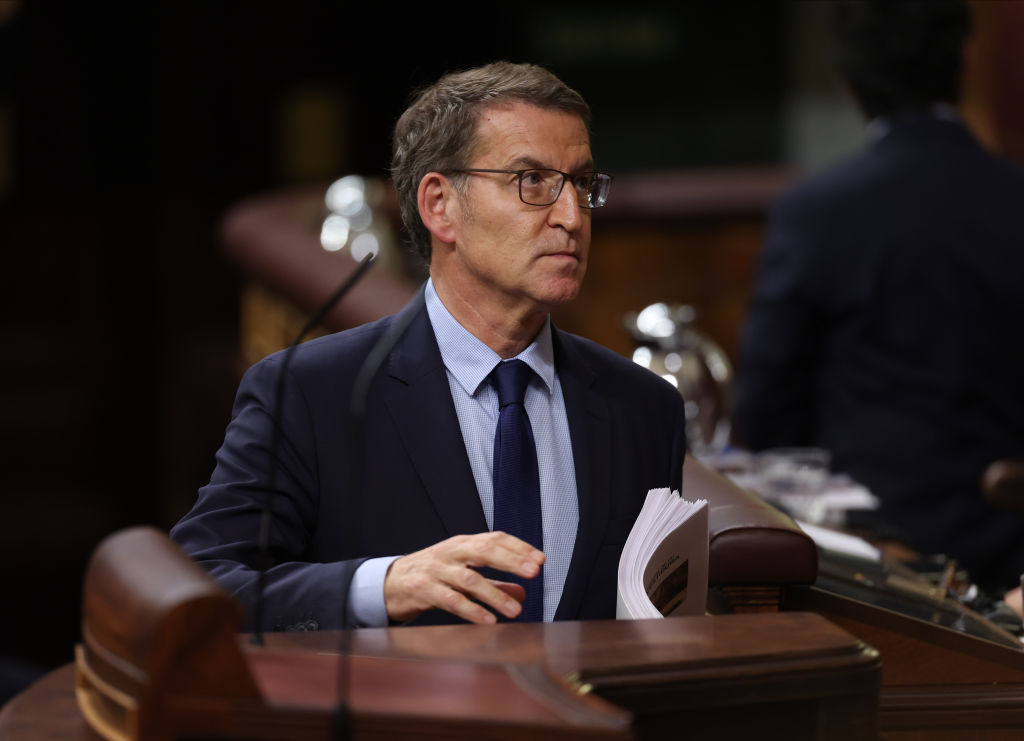The Spanish government’s decision to grant asylum to Venezuelan presidential candidate and opposition leader Edmundo González has triggered a political dogfight between the largest parties.
Santiago Abascal, the president of the Conservative party VOX, accused both Prime Minister Pedro Sánchez and the European Union’s High Representative for Foreign Affairs Josep Borrell, of “executing [Venezuela’s disputed President] Nicolás Maduro’s plan”.
According to Abascal, the goal of the High Representative and the PM was “to avoid at all costs” González’s recognition as president of Venezuela and prevent “any immediate sanctions against the regime”.
While the Sánchez government accepted González’s request for asylum, it has not officially recognised a winner of the Venezuelan election.
Meanwhile, Spain’s Minister of Culture, Ernest Urtasun, from Sánchez’s progressive collation partner Sumar, said that González’s favourable asylum request in Spain “does not entail his recognition as president”.
Sumar leader and Deputy Prime Minister Yolanda Díaz had acknowledged Maduro as the winner of the July 28 Venezuelan elections.
The Spanish parliament was set to debate a non-binding resolution to push the government for González’s recognition as the “legitimate winner” of Venezuela’s presidential election. The opposition centre-right Partido Popular (PP) was the resolution’s sponsor.
The PP has garnered enough support to pass the resolution, including from the Basque Nationalist Party (PNV).
Meanwhile VOX has accused former Spanish prime minister José Luis Rodríguez Zapatero, a long-time European intermediary for both former Venezuelan president Hugo Chávez and Maduro, of playing a part in González’s exit from Venezuela.
Abascal also called the “[European People’s Party] EPP-led” European Parliament and the European Commission as “complicit” for having done “absolutely nothing” about Venezuela.
“Only Patriots for Europe [PfE] and the European Conservative and Reformists (ECR) have decidedly sided with the Venezuelan people,” he said after both groups had expressed support at VOX’s recent Fundación Disenso Conservative gathering in Buenos Aires, Argentina.
Libertarian President Javier Milei of Argentina also attended the event.
Abascal said in Buenos Aires that “all those within the EU who have refused to recognise Gonzalez, have emboldened the tyrant [Nicolás Maduro].”
European Conservatives and Reformists MEP Carlo Fidanza echoed Abascal’s message, calling González “the only legitimate president of Venezuela”.
Fidanza also criticised what he called Borrell’s “ambivalent and submissive position” with respect to the Maduro-led Venezuelan regime.
Venezuelan authorities confirmed González was provided with a so-called safe conduct pass after he was granted refuge in the Spanish Embassy in Caracas. He arrived in Madrid on September 8, according to CNN.
Maduro’s number two, Vice President Delcy Rodríguez, said Venezuela facilitated González’s leaving the country to foster “political peace in the country”.
In the July national elections Maduro officially scored 51 per cent of the vote, compared to 44 per cent for González, his main rival.
The Venezuelan opposition dismissed the result as fraudulent and promised to challenge it. It said its candidate, González, had won with 70 per cent of the votes and insisted he was the rightful president-elect, according to the BBC.
Sánchez, who is currently in China on an official visit, was not officially expected to recognise González.
Venezuelan opposition leader María Corina Machado, who remains in her home country, called on Venezuelans in Spain to protest in Madrid city centre on the evening of September 10, where González is expected to appear.





